Understanding the Market Demand for Cloves
The global market demand for cloves is shaped by their historical significance, diverse applications, and varying preferences across different regions. Cloves have been an essential spice and medicinal ingredient for centuries, prized for their aromatic and therapeutic properties. This longstanding appreciation continues to drive substantial demand in contemporary markets.
Major importing countries such as the United States, India, Germany, the United Kingdom, and the Netherlands stand out due to their significant consumption of cloves. These regions utilize cloves in a variety of culinary applications, from savory dishes and baked goods to beverages. Additionally, cloves are integral to traditional medicine systems and modern pharmaceutical formulations, further bolstering their demand.
Different markets exhibit preferences for various forms of cloves. Whole cloves are predominantly sought after for culinary purposes, while ground cloves find extensive use in spice blends and baked products. Clove oil, extracted from the dried flower buds, is in high demand for its medicinal properties and applications in aromatherapy, dental care, and cosmetics. The versatility of cloves in these varied forms ensures a broad spectrum of market opportunities.
Current market dynamics reveal that pricing trends for cloves can be quite volatile, influenced by factors such as harvest yields, geopolitical events, and economic conditions in key producing countries like Indonesia, Madagascar, and Tanzania. Seasonal variations also play a critical role; for instance, demand typically peaks during festive seasons and winter months when cloves are widely used in holiday recipes and traditional remedies.
Economic factors, including currency fluctuations and trade policies, significantly impact the clove trade. Tariffs, export restrictions, and changes in consumer purchasing power can alter the market landscape. Understanding these dynamics is crucial for stakeholders aiming to navigate the complexities of the global clove market effectively.
Ensuring Quality and Quantity for Export-Ready Cloves
Producing export-ready cloves begins with adhering to the best agricultural practices. Effective soil preparation is fundamental; the soil should be well-drained, rich in organic matter, and slightly acidic to neutral. Proper site selection, taking into account climatic conditions and elevation, is crucial for optimal clove growth. Planting should be done during the rainy season to ensure adequate moisture. Regular maintenance, including weed control and pest management, is vital to ensure the health and vigor of clove trees.
Harvesting cloves at the right stage of maturity is essential to maintain quality. The buds should be picked when they turn from green to pinkish-red, indicating peak essential oil content. Post-harvest, cloves must be dried immediately to prevent mold growth and preserve their aromatic qualities. Sun drying on clean mats or trays, ensuring even exposure, is a common practice. During this process, the cloves should be turned frequently to achieve uniform drying.
Quality control measures are imperative to prevent contamination and ensure the cloves meet export standards. Sorting to remove impurities and defective cloves, followed by proper storage in a cool, dry place, will maintain their quality. It’s essential to adhere to regulatory requirements, including obtaining necessary certifications such as organic certification and compliance with international food safety standards like HACCP or ISO 22000.
Achieving the optimal quantity for export involves efficient supply chain management and collaboration with local farmers. Establishing partnerships can ensure a steady supply of high-quality cloves. Investment in processing facilities, including modern drying and sorting equipment, can enhance both quality and quantity. Additionally, training farmers on best practices can lead to increased yields and improved quality.
Packaging and transportation play a critical role in ensuring cloves reach their destination in prime condition. Using moisture-proof, airtight packaging can prevent quality degradation during transit. Proper labeling, including details of origin and certifications, is also essential. Selecting reliable transportation methods that minimize handling and exposure to adverse conditions will further safeguard the quality of cloves during export.

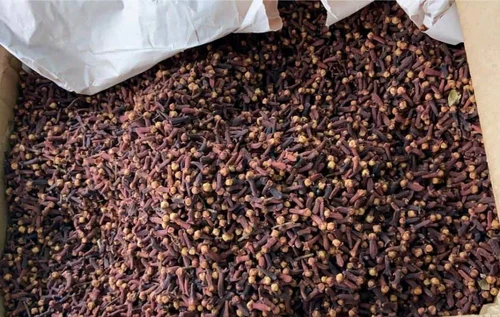
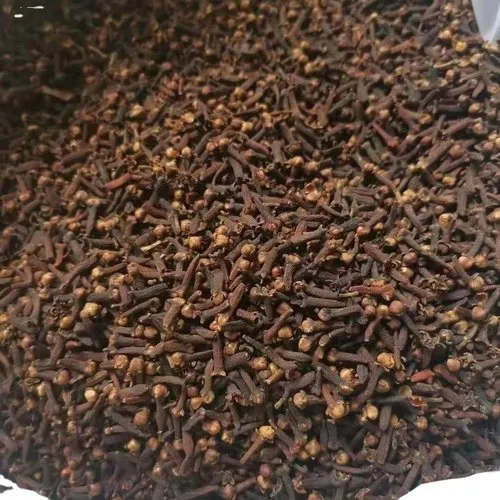
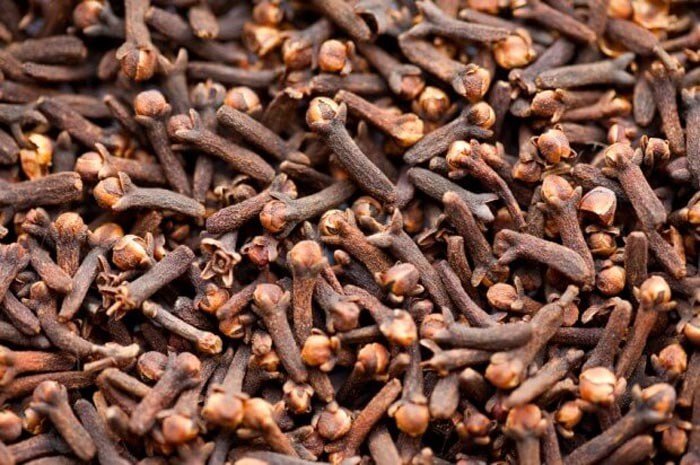
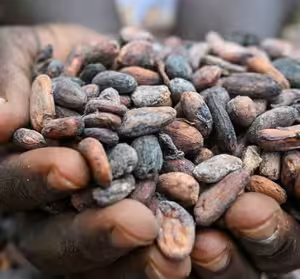
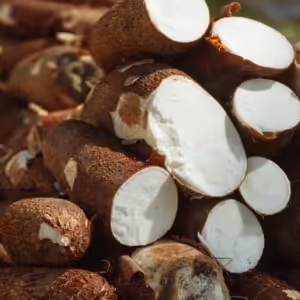

Reviews
There are no reviews yet.